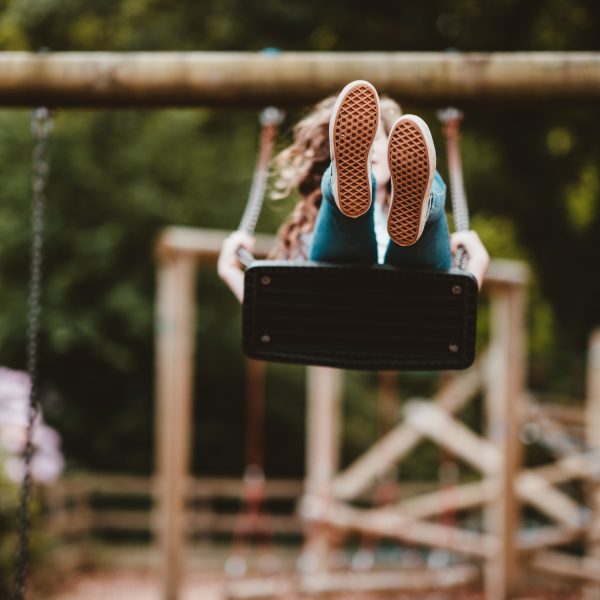True allyship: Building culturally safe spaces for First Nations educators and families

Creating genuine allyship in early childhood education and care (ECEC) means moving beyond symbolic gestures to meaningful action that supports cultural safety, respect and belonging for First Nations educators, families and children.
In a recent Amplify! article published by the Community Early Learning Australia (CELA), Cultural Consultant Lisa Walker reflects on what it means to be a true ally in early education spaces and how leaders can play an active role in fostering inclusive, culturally safe environments.
Walker describes true allyship as something that is “seen, heard and felt”, grounded in understanding, respect and authentic connection. True allies, she explains, stand alongside First Nations colleagues and families, listen deeply, and create spaces where people feel safe to be their full, authentic selves.
True allyship means:
- Seeing and respecting First Nations people for who they are, without stereotypes or assumptions.
- Listening to understand rather than to respond.
- Recognising privilege and using it to support, not overshadow, others.
- Standing up and speaking out, even when difficult conversations arise.
Leaders, Walker writes, have a key role in embedding allyship within their teams. This involves self-reflection, truth-telling, and the courage to acknowledge bias and privilege. Building genuine allyship requires time, commitment and accountability, it cannot be reduced to policy statements or symbolic gestures.
“Leaders must acknowledge allyship as an ongoing learning journey which needs time, resources and accountability,” Walker writes.
CELA encourages early learning services to adopt a strengths-based approach and engage in ongoing professional reflection to ensure that every team member, child and family feels safe, valued and respected.
For the ECEC sector, true allyship goes hand-in-hand with cultural safety and inclusion under the National Quality Standard (Quality Area 6: Collaborative partnerships with families and communities) and the Early Years Learning Framework, which emphasises identity, belonging and community connection.
By fostering true allyship, services not only strengthen relationships with First Nations communities but also model respect, equity and care for the next generation.
Read Lisa Walker’s full article “How to be a true ally to First Nations educators, children and families” here.
Popular

Quality
Practice
Research
Professional bravery in ECEC: How reading the nervous system prevents behaviour escalation
2025-12-02 07:30:47
by Fiona Alston

Policy
Quality
Practice
Provider
Research
Workforce
ECEC services to close early for mandatory child safety training under national reforms
2025-12-01 07:10:09
by Fiona Alston

Quality
Policy
Practice
Provider
Workforce
Growth restrictions and enhanced oversight imposed on Affinity Education Group in NSW
2025-12-01 07:30:29
by Fiona Alston
















